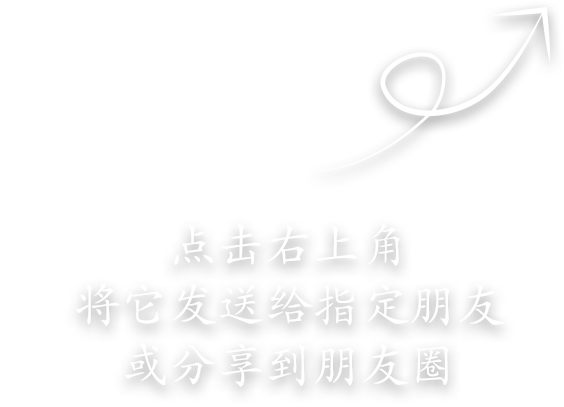China's FTZ Upgrade Plan: A New Testbed for Global Investors and Digital Trade
On April 21, the Communist Party of China Central Committee and the State Council jointly released a sweeping policy document aimed at transforming FTZs into high-level gateways for international trade, digital innovation, and financial liberalization. This upgrade comes after a decade of pilot experimentation and marks a shift toward more systemic, rules-based openness.
From Policy Sandbox to Global Business Hub
The new guideline emphasizes regulatory innovation across trade, investment, and data. FTZs are now expected to align with international standards in governance, legal systems, and digital compliance — raising their profile for multinational investors.
Key developments include:
·Digital Trade Infrastructure:
FTZs will pilot electronic bills of lading and e-signatures for cross-border logistics. Pilot programs for mutual recognition of digital identities and the safe, efficient flow of cross-border data are also in the works.
·Investment and Talent Mobility:
Foreign arbitration bodies will be allowed to set up operations in FTZs. Qualified professionals from Hong Kong, Macao, and Taiwan—including doctors—can obtain licenses to practice and open clinics. Select offshore trade models and international service providers will be eligible for favorable tax recognition.
·New “White List” Systems:
For the first time, biotech companies will be able to import research-use drugs under a simplified approval process. A similar fast-track applies to medicinal food substances and dual-use materials.
·Energy and Logistics Innovation:
The document allows bonded blending of high- and low-sulfur fuel oils and promotes LNG bunkering for international vessels—opening new logistics plays for shipping and commodities traders.
Why Global Firms Should Pay Attention
For international companies, especially those in banking, pharmaceuticals, shipping, and digital services, this plan signals a decisive move away from ad-hoc experimentation toward full-spectrum regulatory modernization. China's FTZs may soon resemble Singapore-style nodes where trade, data, and finance converge under globally recognizable rules.
The policy also underscores Beijing's intent to attract more foreign capital by streamlining market entry, legal protections, and dispute resolution mechanisms—critical issues for multinationals navigating China's complex business landscape.
Financial Sector Opening Gains Momentum
Another highlight is the expansion of financial liberalization. Cross-border RMB and foreign exchange pooling will be scaled up for multinational corporations, while qualified FTZs will trial qualified foreign limited partnership (QFLP) models. The futures market will open further to global players, with new channels for price discovery and settlement.
Toward a More Networked FTZ System
Rather than treating each FTZ as a siloed pilot, the strategy encourages coordinated reforms between FTZs, innovation zones, and national-level industrial clusters. This shift could make it easier for foreign enterprises to scale within China, instead of navigating fragmented local regimes.
What's Next
While the blueprint leaves room for local experimentation, central authorities—particularly the Ministry of Commerce—will take a stronger role in monitoring, coordinating, and replicating successful reforms across zones. This increases predictability for businesses and may reduce policy friction in the long run.




















































First, please LoginComment After ~